At arm's length: How Ukraine seeks to retrieve frozen Russian assets
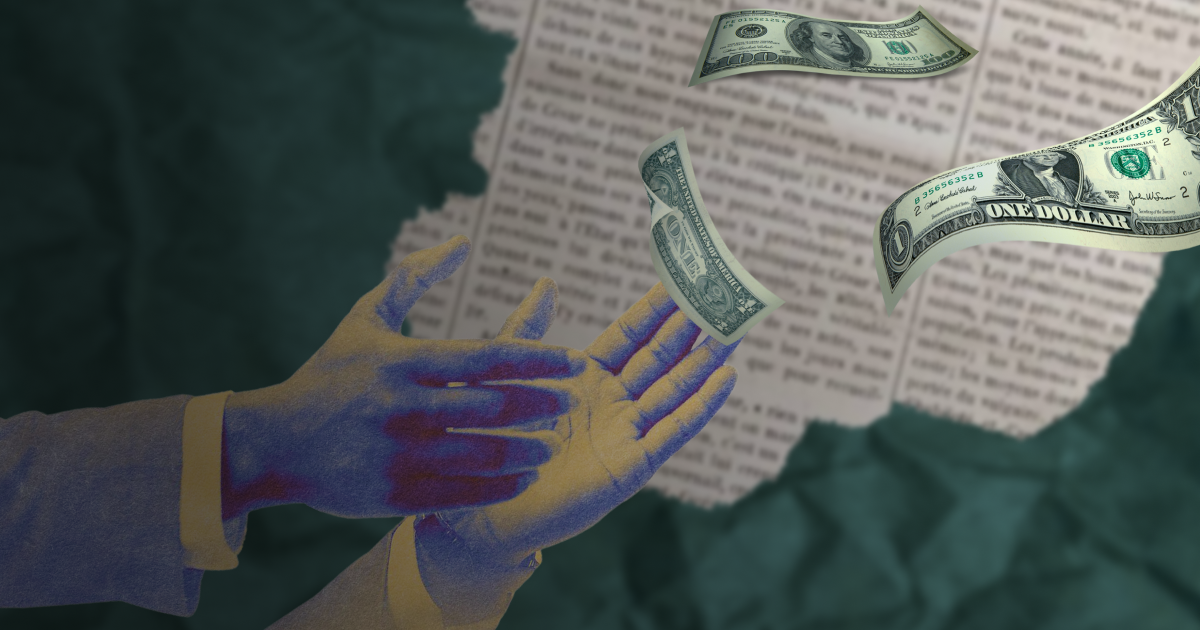
Since the start of the full-scale invasion, the European Union and the United States have frozen approximately $300 billion worth of Russian assets as part of sanctions against Russia. These assets are the gold and foreign exchange reserves of the Central Bank of the Russian Federation, which Russia holds in liquid currencies such as the dollar and euro, gold, and government bonds of the European Union and the United States.
Ukraine has been actively campaigning for the transfer of frozen Russian assets since 2023. President Volodymyr Zelenskyy, the Ministry of Foreign Affairs, Economy, and European Integration, negotiated with partner countries on the transfer of assets. However, the EU and G7 countries began to develop options for transferring Russian assets to Ukraine only in 2024.
This article explains how the EU and the US plan to transfer assets to Ukraine and how complicated these decisions are.
What steps is Europe taking to transfer assets?
Euroclear, a Belgian financial securities company, holds the largest share of all frozen assets. More than €210 billion in Eurobonds and securities are held in Belgium. Clearstream, based in Luxembourg, holds about €50 billion of frozen Russian assets.
The EU still has no clear position on confiscating assets in favour of Ukraine. European banks, including the EU's central bank, have expressed reservations about confiscating assets, fearing for the euro's stability. The legal component is also an issue. The EU considers state assets “inviolable private property”, making it challenging to confiscate them. This requires a decision by an international court or the UN Security Council.
According to the European Parliament, some countries with frozen Russian assets have bilateral investment treaties (BITs) with Russia. This type of agreement is designed to protect the investments of one contracting state in the territory of the other. These countries include Canada, France, Germany, Japan, the United Kingdom and the United States. Germany and France are currently the main opponents of asset transfers.
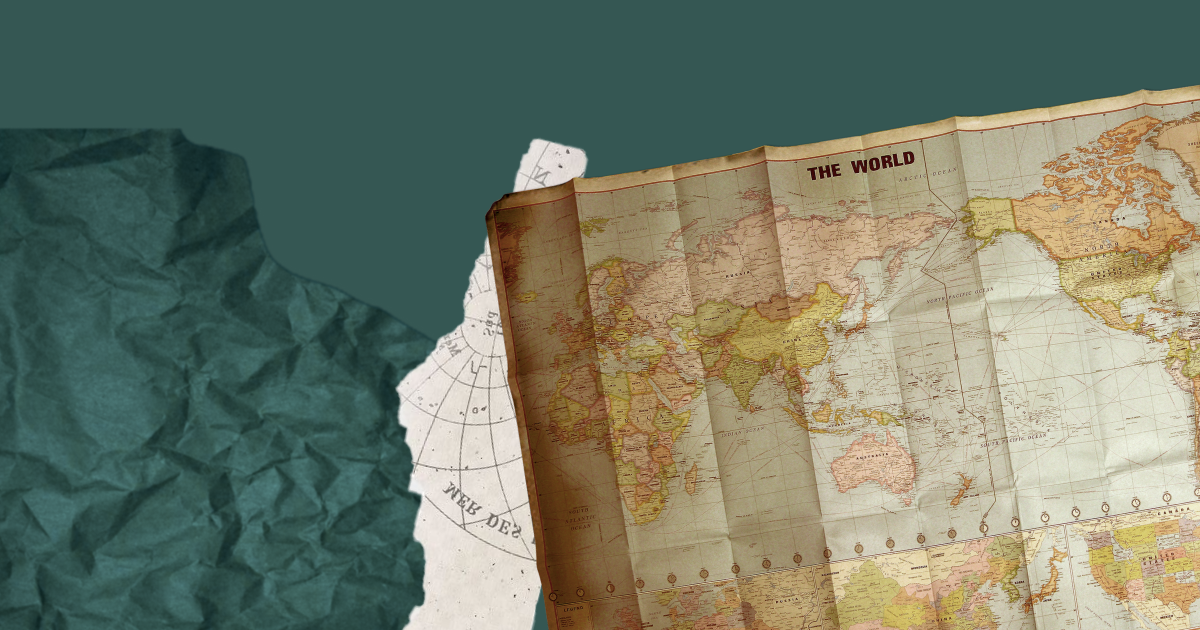
Ivan Horodyskyi, a lawyer and director of the Dnistrianskyi Centre, explains to Svidomi how complicated the legal situation is when it comes to transferring assets to Ukraine.
“There is still no clear legal mechanism for this. There are no precedents in history for confiscating the assets of another state to such an extent without its consent or surrender. Moreover, these assets are protected by sovereign immunities, which exempt the property of one state from the jurisdiction of the courts of another state. They are, in effect, a guarantee in the international economy against arbitrary action by states against each other,” he says.
The EU is seeking other ways to transfer frozen assets to Ukraine. It is considering options to transfer profits and income tax.
Assets in the European Union generate an average of $3.6 billion to $5 billion a year in profits. The problem with transferring profits is that companies such as Euroclear use profits primarily to cover legal risks associated with frozen assets.
In a comment to Politico, Ukrainian Minister of Justice Denys Maliuska says that 5 billion is “too much to cover the risks”. However, he notes that it is impossible to confiscate profits “retroactively”, so Ukraine cannot expect to receive any income from the assets for 2022-2023. The European Union's High Representative for Foreign Affairs and Security Policy, Josep Borrell, said in February 2024 that the EU plans to confiscate profits from assets from February 2024.
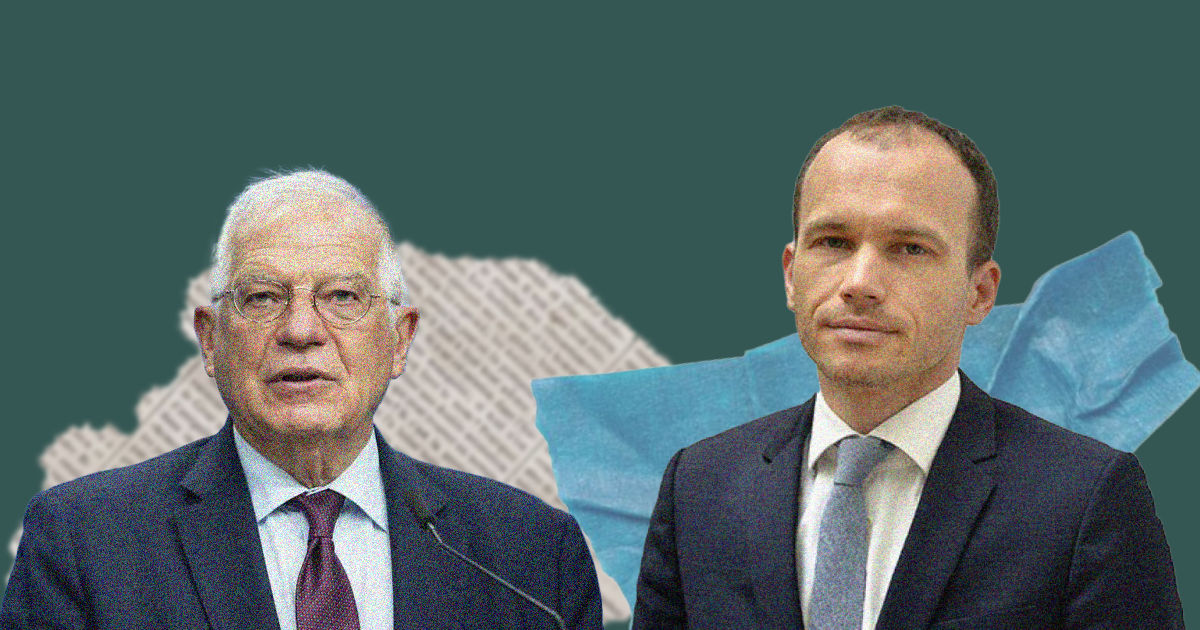
Belgium has developed a mechanism to transfer taxes on income from assets held by Euroclear to Ukraine. In October 2023, Belgian Prime Minister Alexander De Croo announced the creation of a Ukrainian fund to which asset income taxes will be transferred. However, the amount is only €1.7 billion per year. The European Commission has also accepted this mechanism.
Ivan Horodyskyi says that the main problem with the decision to transfer assets is the number of states that control Russian assets.

“These are the G7 countries, Switzerland, and many EU member states. In the absence of a decision by the UN Security Council (which is impossible) and an international judicial body, each state will make such decisions individually, or there should be a joint multilateral agreement,”
he concludes.
Switzerland, which had previously opposed the idea of asset transfers, has changed its position on the issue. In March 2024, the upper house of the country's parliament decided to allow the government to work out a mechanism for transferring assets. In total, Switzerland has frozen $8 billion.
The US initiative
The United States has about $8 billion in Russian assets. Now that the financial assistance bill has stalled in Congress, the White House has stepped up efforts to confiscate the assets and transfer them to Ukraine.
Since June 2023, Congress has been considering the REPO Act (Rebuilding Economic Prosperity and Opportunity for Ukrainians Act), a bill to confiscate Russian assets and transfer them to Ukraine. According to the bill, the US President, with the support of both houses of Congress, will have the right to seize Russian assets under the jurisdiction of the country. They will then be transferred to a fund to support Ukraine.
Yuliya Ziskina, Senior Legal Advisor at Razom for Ukraine, an American NGO, explains to Svidomi how the US can confiscate Russian assets for the benefit of Ukraine.
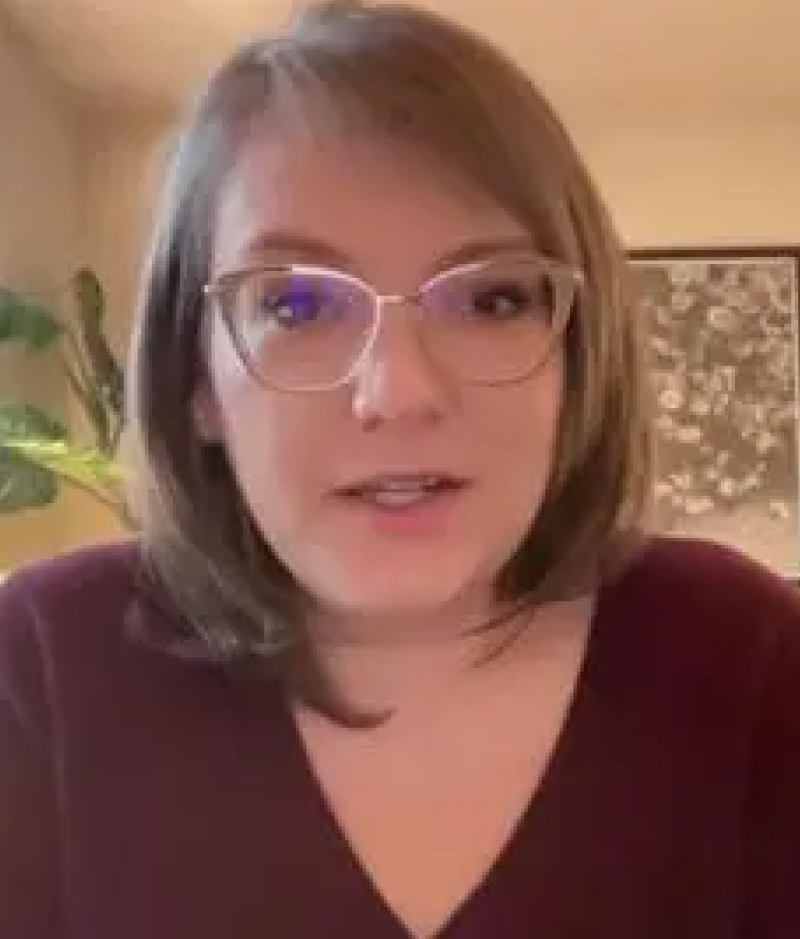
“Sovereign assets are not inviolable. This view mistakes the absolute protection of property for the rule of law. In other words, to say that sovereign assets are inviolable is also saying that waging a war of aggression, committing horrible war crimes, and owing hundreds of billions in reparations is simply irrelevant. It is not.”
she says about the legal grounds for confiscation.
Unlike Europe, the United States has a long history of seizing the assets of other countries. In 1977, Congress passed the International Emergency Economic Powers Act. It allowed the president to transfer frozen assets to a domestic account for distribution following international agreements. The United States used this law once — in 1990 — to freeze and then confiscate the assets of Iraq, which had attacked Kuwait. The REPO will allow the immediate transfer of assets to Ukraine after confiscation and will set a new precedent in US law.
The US is also considering transferring income taxes from Russian assets to Ukraine. US Secretary of the Treasury Janet Yellen announced this in 2023. The US thus supports the European Union's intention to confiscate excess profits from assets and transfer them directly to Ukraine.
Yuliya Ziskina believes this decision is wrong and inconspicuous, as the US holds only a small share of frozen Russian assets.
“This is a case of simple math. If $200 billion yields approximately $4 billion per year, then $5 billion will yield a minuscule percentage — maybe enough to offset the costs for only a matter of hours,” she explains.
However, various mechanisms of asset confiscation are a matter of US domestic policy. Congress is still considering the draft law, and it has not been read in internal committees, and the Biden administration is only considering the intention to confiscate income taxes. The United States is, therefore, exploring the possibility of international treaties on confiscation, such as those in the G7 format. They were able to involve Canada, which agreed that the assets should be “immediately transferred to Ukraine”.
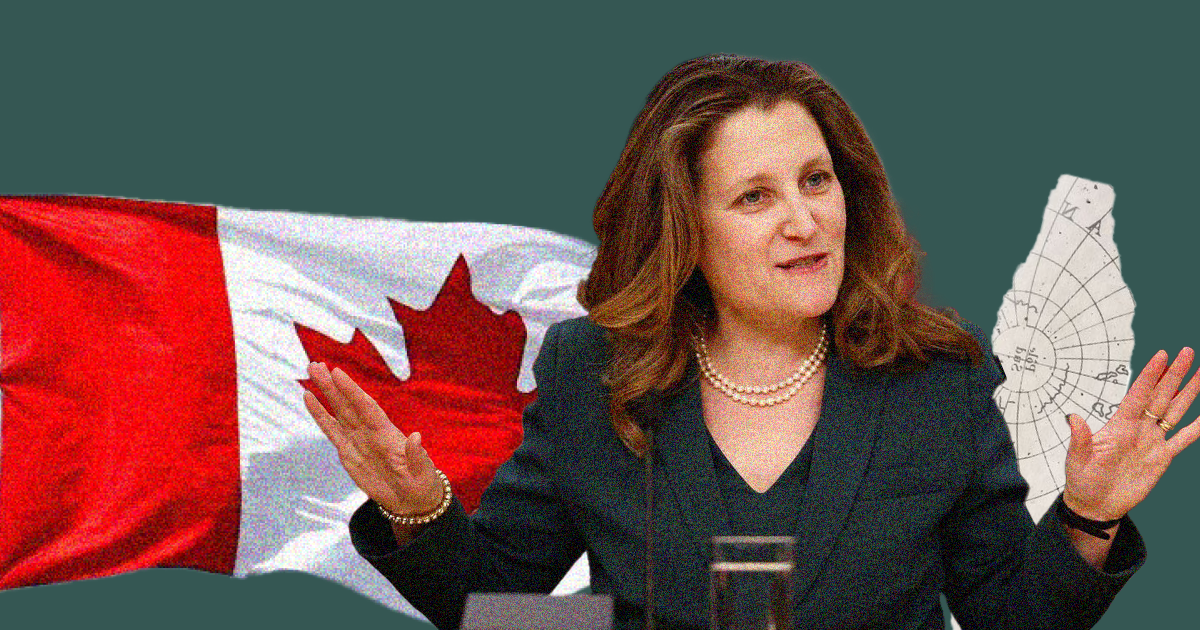
In December 2023, the G7 agreed to develop a mechanism for transferring profits from the assets to Ukraine and that the assets would remain frozen until "Russia pays for the damage it has caused to Ukraine". The complete transfer of assets is not yet in question, as not all G7 countries agree.
Yuliya Ziskina believes that total confiscation of assets is also in line with international law. According to her, a state only benefits from non-interference in its rights if it complies with international law.
“Russia has invaded Ukraine, stolen territory, committed thousands of war crimes, and so obviously trampled on international law. When a state’s misconduct is so egregious that it violates the very core norms of international law, such as acts of aggression or genocide, it is considered to affect the entire global community, and any State has the right, and possibly even the duty, to take countermeasures against it,” she concludes.
Position of Ukraine
Ukraine insists on transferring all frozen Russian assets currently held by partner countries. At the World Economic Forum in Davos, Foreign Minister Dmytro Kuleba demanded that these assets be transferred to Ukraine. “If you dare to break the rules, you will have to pay for it,” Kuleba declared at a press conference with British Foreign Secretary David Cameron.
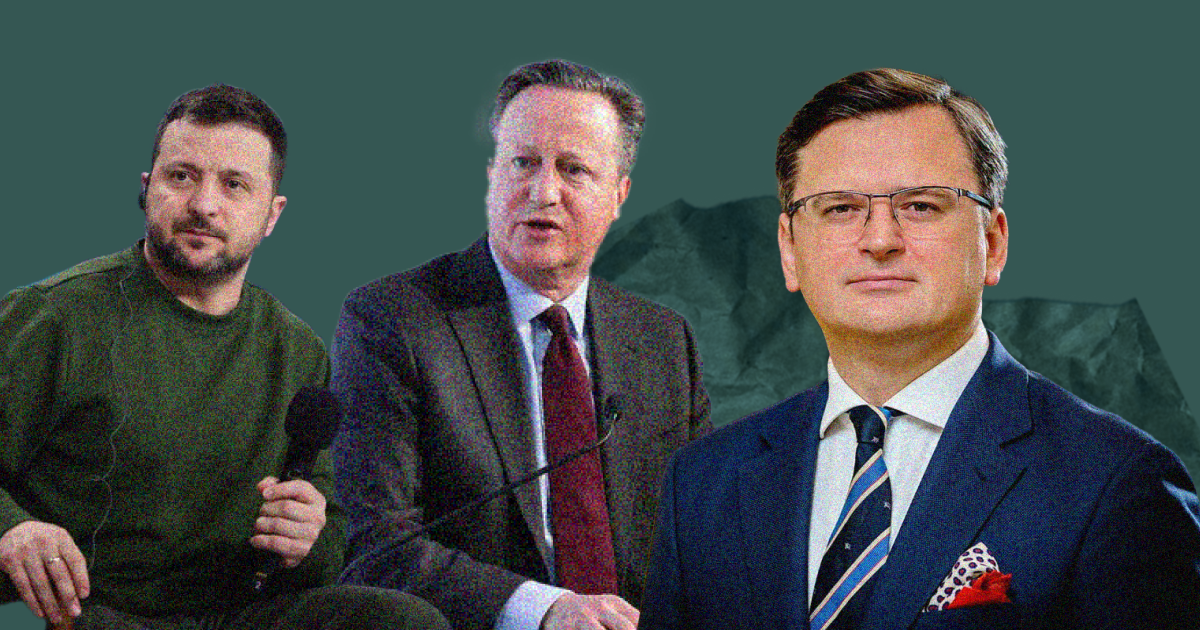
Russia, for its part, is threatening to sue in response to the possible confiscation of assets. “We will do it immediately,” said Russian presidential spokesman Dmitry Peskov.
Ukraine argues that the transfer of assets would set a precedent that could deter future aggression against other countries.
“The aggressor should pay the highest price for the war — this is in line with both the letter and the spirit of the law. This is fair when both the profits from Russian assets and the assets themselves will serve to rebuild Ukraine after the hostilities, support Ukraine, and, in part, purchase weapons to stop terror,” said President Volodymyr Zelenskyy at a meeting of the European Council in March 2024.
Olena Halushka, Head of International Relations at the Anti-Corruption Action Centre and co-founder of the International Centre for Victory of Ukraine, confirms this position of Ukraine in a commentary for Svidomi, arguing for the transfer of frozen assets to Russia.

“If any country plans to repeat what Russia is doing now, confiscation can become a deterrent. It will add arguments against war and aggression to the scales. If the country understands that there will be responsibility, this responsibility will be powerful. They will be hurt, they will think twice and three times whether it is worth starting their act of aggression,”
says Olena Halushka.
Olena Halushka notes that the partner countries' rhetoric change began in December 2023. At that time, the US Congress was slow to approve financial assistance for Ukraine, and Hungary blocked the EU's adoption of the Ukraine Facility. This financial package would last until 2027. The European Union Council did not adopt the Ukraine Facility until the end of February 2024, and the US financial assistance is still being debated in Congress as of April 2024. Therefore, Ukraine and its partners are looking for other ways to finance the Ukrainian economy, and Russian assets are a priority target.
Ukraine supports the European Union's decision to develop a revenue transfer strategy because “this is what we need now to rebuild and cover critical budget expenditures quickly,” said Prime Minister of Ukraine Denys Shmyhal.
According to the co-founder of the International Centre for Victory of Ukraine, the decision to transfer revenues was “actually taken” by the European Union.
“For us, this is just an interim result, not something that can replace full confiscation. About €5 billion have already been generated there for 2022-2023, which the EU decided to keep for Belgian Euroclear. However, it is slightly more than the annual IMF programme for Ukraine for 2023", she says.
However, Halushka says the best option would be complete confiscation and transfer of assets.
The UK also supports the use of frozen assets for transfers to Ukraine. At the Davos Forum in January 2024, Foreign Secretary David Cameron said: “Russia is going to have to pay reparations for its illegal invasion”, and therefore, it is better to spend some of the money now rather than “wait till the war is over and have all the legal wrangling about reparations”.
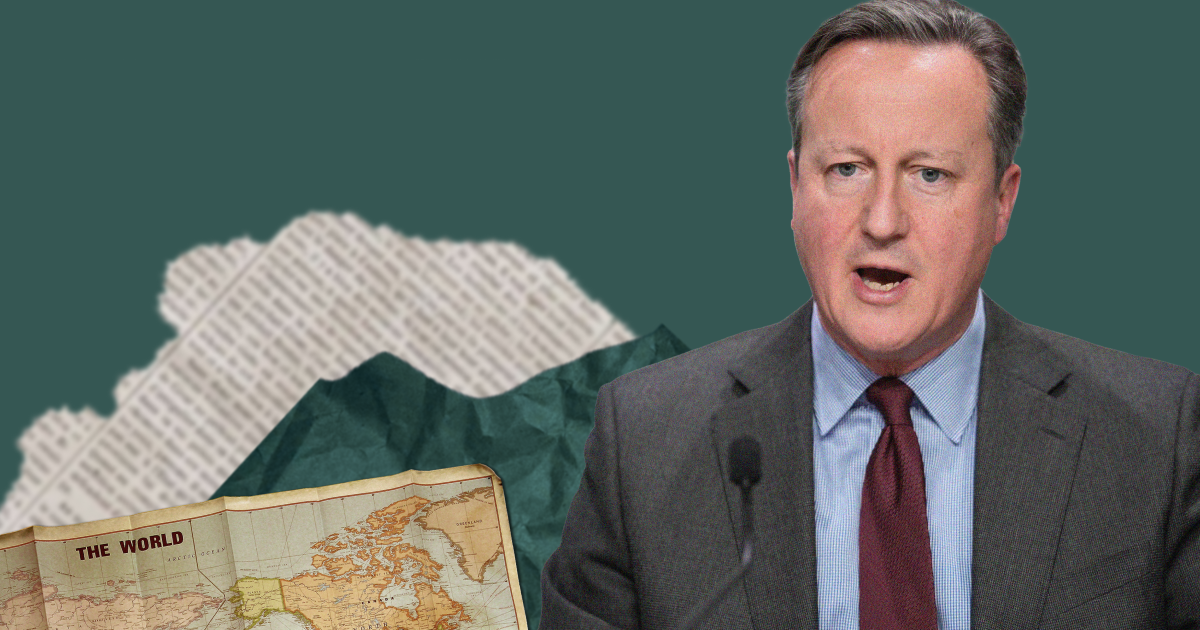
“Is confiscation an unprecedented step? Yes, it is, but we are explaining to our partners that the cost of inaction and not confiscating is much higher than the risks that confiscation may entail in this particular case. If Russia is not stopped, if Russia is given the opportunity to win in Ukraine, it will not stop, and there will be a war between NATO and Russia,” concludes Olena Halushka.


